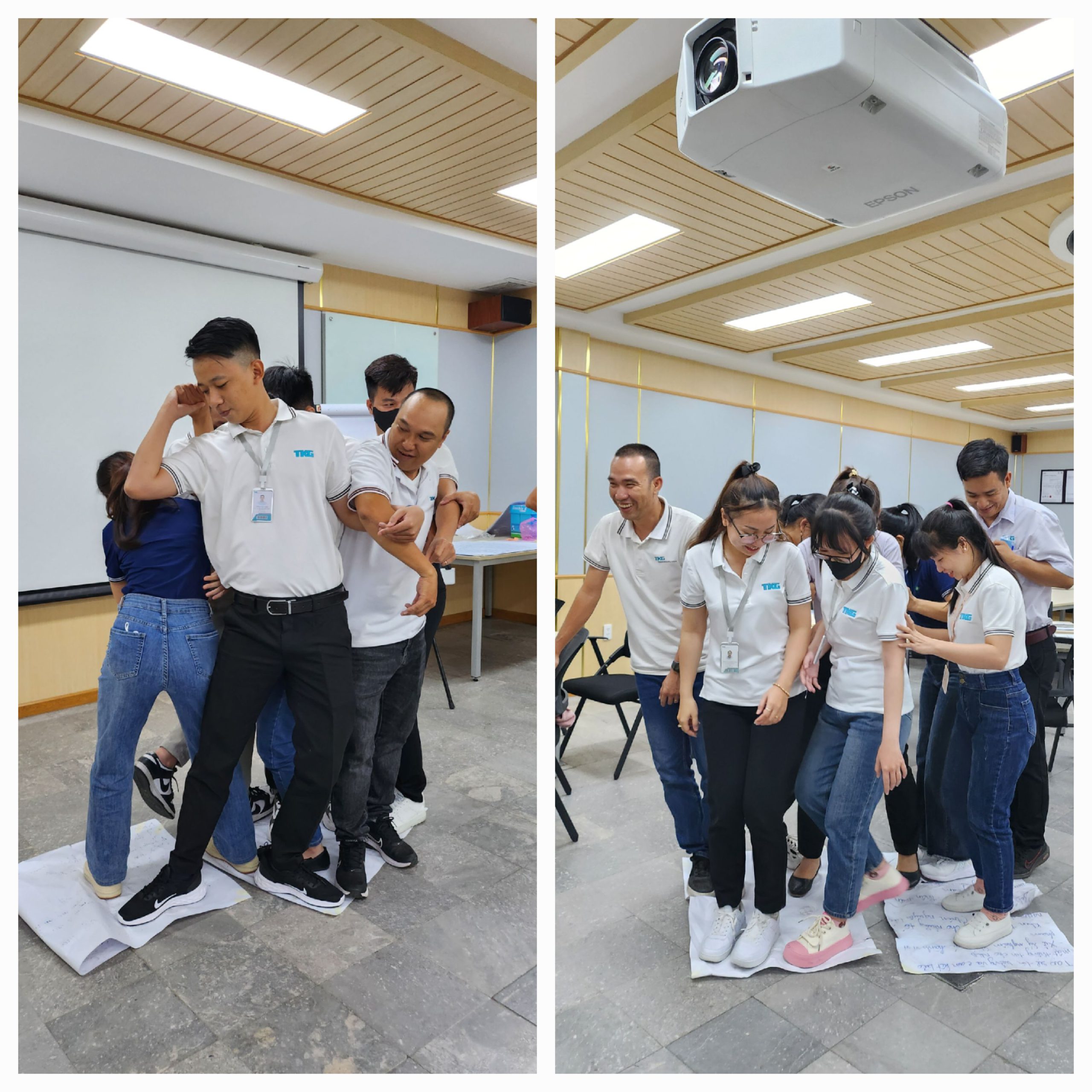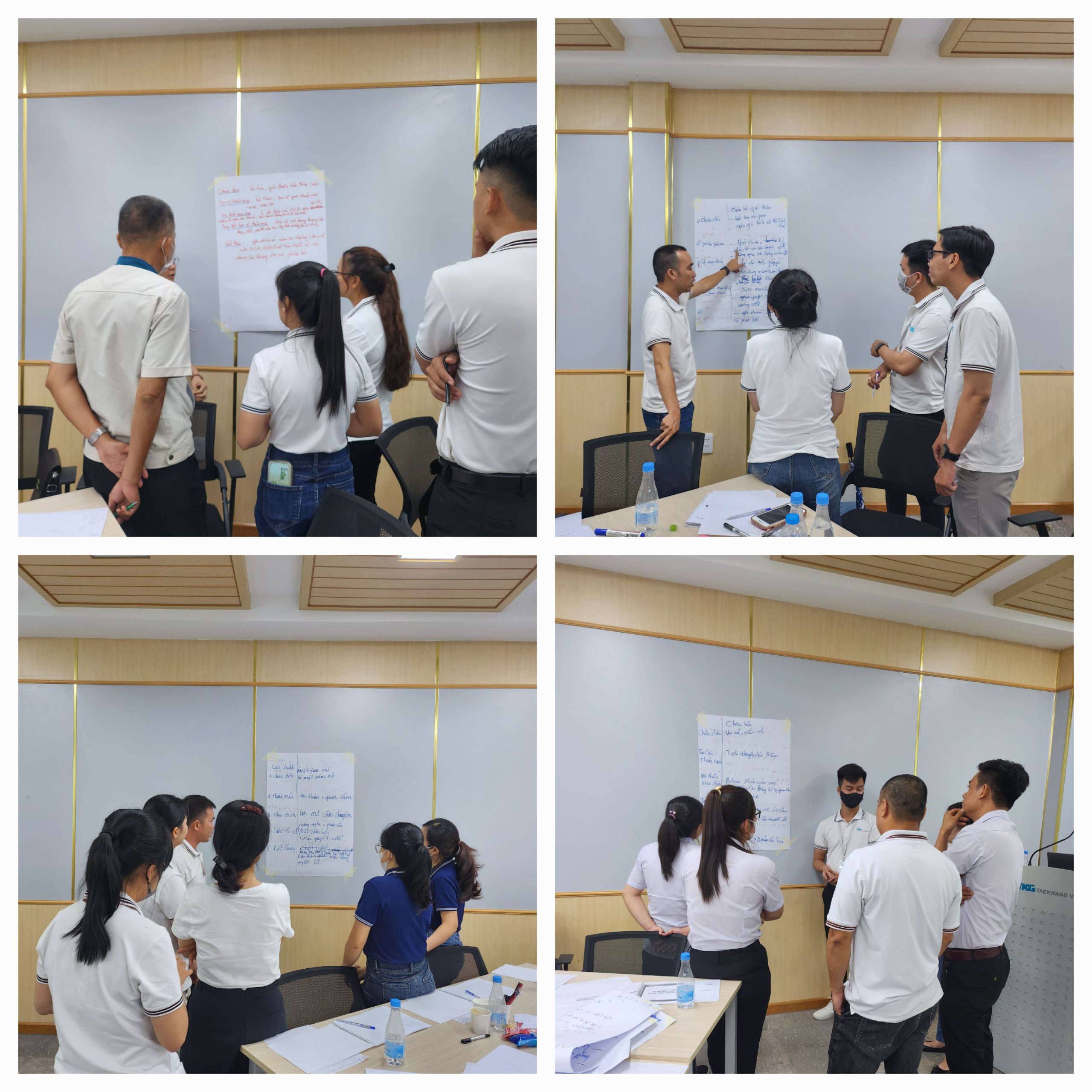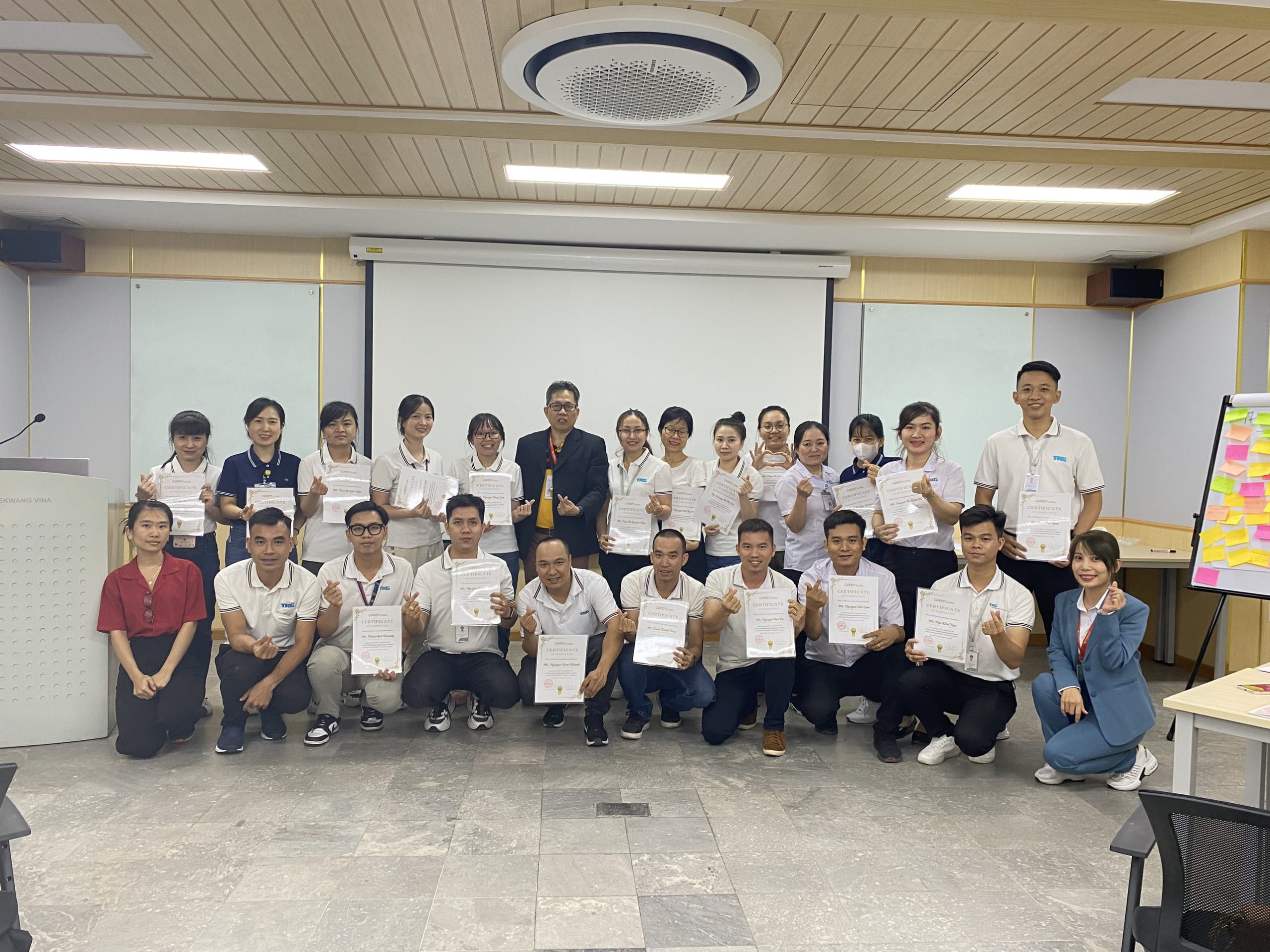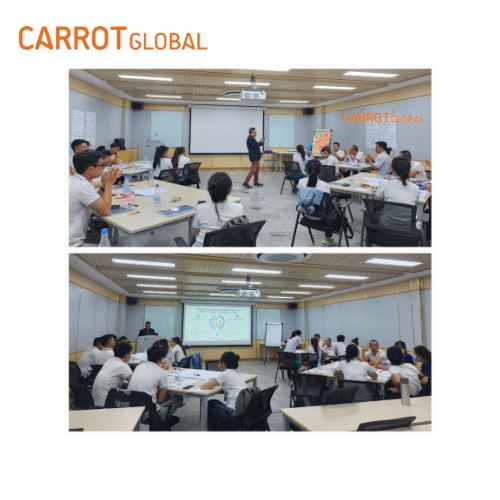01-Day Information Exploitation Training Course with CARROT Global Vietnam
In today’s fast-paced and data-driven world, information exploitation has emerged as a crucial skill for professionals across various industries. Whether it’s extracting insights from employee meetings, conducting interviews, or analyzing survey data, mastering the art of information management can significantly enhance decision-making processes and organizational success. This article delves into the essential skills and techniques necessary for effective workplace information utilization, emphasizing the importance of trust, communication skills, and information security.
Introduction to Information Exploitation
Understanding the basics of information exploitation is key to leveraging data effectively in any professional setting. It involves the systematic process of collecting, analyzing, and interpreting information to make informed decisions and drive organizational growth.
The Basics of Workplace Information Utilization
Workplace information utilization begins with the identification and collection of relevant data. This data can come from various sources, including employee meetings, interviews, and surveys. Once collected, the next step involves analyzing the data to extract meaningful insights. This process requires a keen understanding of the data’s context and the ability to interpret its significance. The final step is to apply these insights to real-world scenarios, enabling organizations to make strategic decisions that align with their goals.
Building Trust Through Effective Communication
Trust is a cornerstone of workplace information utilization. Building trust with employees and stakeholders ensures open and honest communication, which is essential for gathering accurate and valuable information. Effective communication techniques, such as active listening and empathy, play a crucial role in fostering trust. By demonstrating genuine interest in employees’ perspectives and concerns, organizations can create a positive environment that encourages the sharing of insights and ideas.
Techniques for Handling Sensitive Information
Handling sensitive information with care and sensitivity is paramount in Information Management. Organizations must develop questioning techniques that respect individuals’ privacy and confidentiality while still extracting valuable insights. Additionally, being sensitive to cultural differences and emotional triggers is essential for maintaining trust and ensuring that information is gathered ethically and responsibly. By prioritizing sensitivity, organizations can create a safe space for information exchange.
The Environment of Information Security
As information management strategies becomes increasingly prevalent, ensuring the security of data and information is of utmost importance. Organizations must implement robust information security measures to protect sensitive data from unauthorized access and breaches.
Ensuring Safe Data Practices
Safe data practices are essential for maintaining the integrity and confidentiality of information. Organizations must implement policies and procedures that govern data collection, storage, and sharing. This includes ensuring that data is encrypted, access is restricted to authorized personnel, and regular audits are conducted to identify potential vulnerabilities. By prioritizing safe data practices, organizations can safeguard sensitive information and maintain trust with stakeholders.
Implementing Information Security Measures
Implementing effective information security measures is critical for protecting sensitive data. Organizations should invest in advanced security technologies, such as firewalls and intrusion detection systems, to prevent unauthorized access. Additionally, regular training and awareness programs for employees can help reinforce the importance of information security and ensure that everyone is aware of their role in protecting data. By taking a proactive approach to information security, organizations can mitigate risks and prevent data breaches.
Participant Feedback on the Course
Feedback from participants who have undergone training in information management provides valuable insights into the course’s effectiveness. Attendees often highlight the practical nature of the training, which equips them with skills they can immediately apply in their professional roles. The interactive sessions and hands-on activities are particularly appreciated, as they allow participants to engage with the material actively and gain a deeper understanding of the concepts. The overwhelmingly positive feedback underscores the course’s relevance and impact.
Insights from Attendees
Participants praised the course for its comprehensive coverage of Information Management Techniques. Many attendees noted that the training provided them with a solid foundation in data extraction and analysis, which they found invaluable in their professional roles. The emphasis on communication skills, such as active listening and questioning techniques, was particularly well-received. Attendees appreciated the opportunity to practice these skills in a supportive environment, which boosted their confidence in applying them in real-world scenarios.

Practical Applications of Learned Skills
One of the key takeaways from the course was the practical application of learned skills in the workplace. Participants reported feeling more confident in their ability to extract meaningful insights from various information sources, such as employee meetings and surveys. The training equipped them with the tools to navigate sensitive issues with empathy and sensitivity, ensuring that valuable information is gathered ethically and responsibly. Additionally, the course emphasized the importance of information security, empowering participants to implement safe data practices and protect sensitive information effectively.

Conclusion
In conclusion, Information Management Strategies is a vital skill for professionals seeking to leverage data effectively and drive organizational success. By understanding the basics of Information Management, building trust through effective communication, and implementing robust information security measures, organizations can harness the power of information to make informed decisions and achieve their strategic goals. The overwhelmingly positive feedback from course participants highlights the value of training in this area, emphasizing the practical applications and real-world impact of these essential skills.


